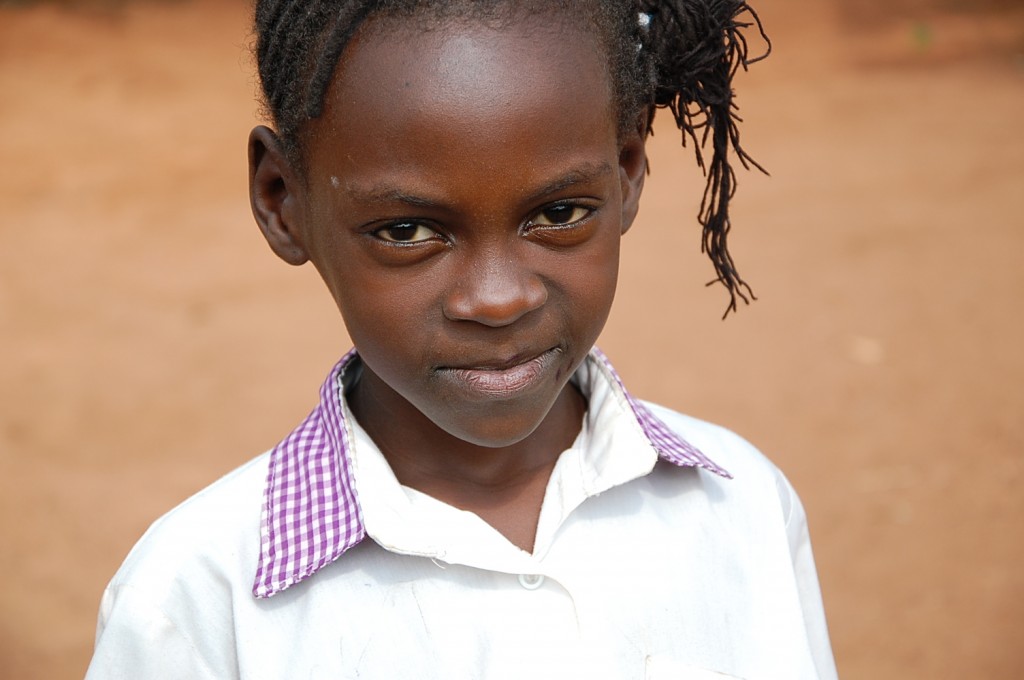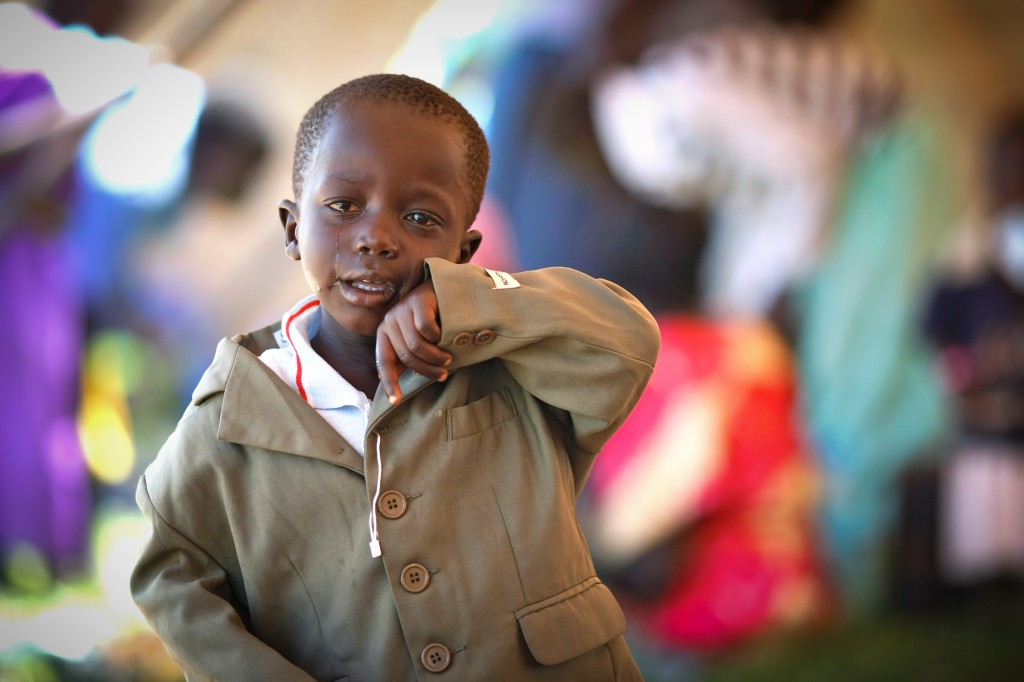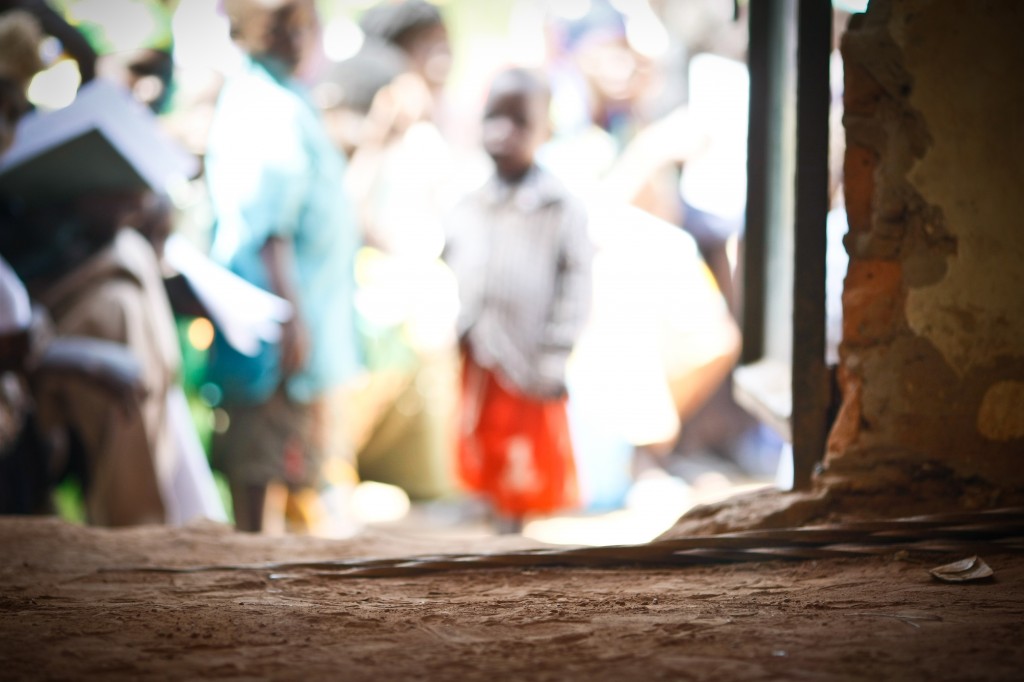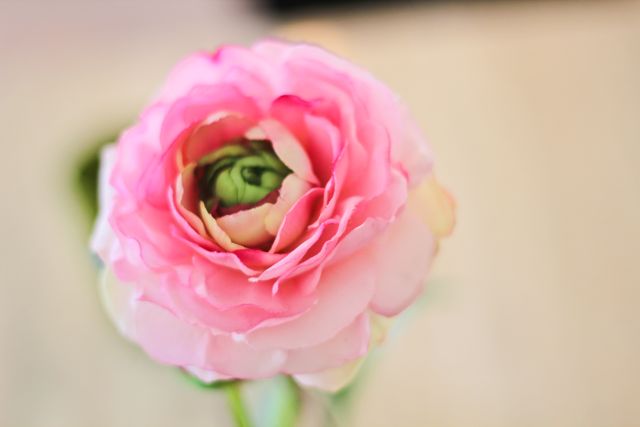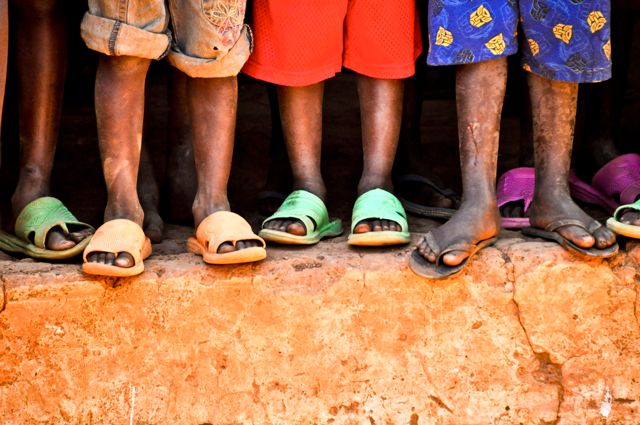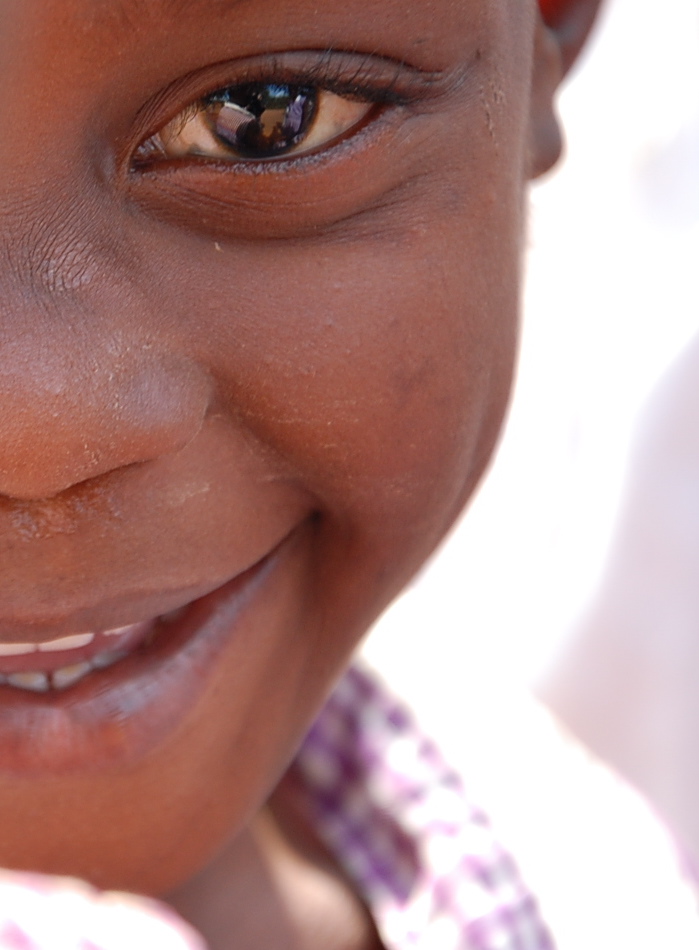Doreen* grabbed Lily’s hand and they slid away, around the corner and behind the girls’ dormitory, back for moments into the secret sisterhood of hollow years that only few will ever fully understand. To Lily, this was now her past; to her friend, this was her life.
The room outside of which they stood housed a dark corridor of beds, only the door carved out of cement afforded natural light. The cement walls were stained brown with African soil and the mattresses sagged below their wooden bunk frames, some without sheets. What hung thicker than any smell of soiled beds or dirty clothes stuffed under mattresses was the sense of soiled hearts from another’s folly.
These living quarters were the intersection of childlike wonder — and cold, hard loss. Innocent expectation that the next day would hold more than the last was a formaldehyde, preserving bodies old enough to comprehend their surroundings.
But what about their hearts?
The children around them played chase with eyes that danced and mouths that squealed, no different than those tramping around the everyday candy-lands erected throughout our western existence.
What was sustaining them from grief over their destitution? I could barely face it without a horror that made me want to turn my head the other way and never look back. These little ones had no option to look away. They were living it.
And they were surviving it.
Lily’s life-compatriot, who shared most all parts of her story is living on the other side of the world, now firmly “on the other side of the tracks”. They moved from classmates, once bunkmates, to pen-pals. Doreen, who stood a head taller than Lily and was years older, has less physical promise over her future than most all other children in the orphanage. She is old, close to aging out. What happens to the fatherless when society wants to make them young fathers … and mothers?
Is the stain removed when life ushers you upward?
She writes letters of educational advancement within the orphanage and school testing and food that felt like bounty to her belly that’d likely never been full. The orphanage received new mattresses, she bubbled over. This was her world. Her very small world.
“P.S. God gave me the name Sarah” read one small line — an afterthought — in her letter to Lily, long after they had said goodbye.
This one post script told all.
Over months of processing it, a morning walk revealed to me its gravity.
The orphan story is the extreme version of our pain. Abandonment. Rejection. Loss — for some, a lifetime of loss. Destitution. It is pain without an obvious answer, without an obvious explanation.
Our instinct to look away, and for some, to avoid the nudge He’s been making for us to engage, betrays us. We don’t have a grid for them, because we don’t have a grid for Him. We leave them nameless and scoot their stories like a magazine article under a stack of other “to do’s” with a mental note that says “do something about the orphans” because in our core we are at a loss for understanding the scars they wear. Friends, this is me. Even with four former orphans under my roof, I wince at what I cannot understand.
I, too, look away.
What does God say about all that pain?
He says one word: “Sarah.”
Not Sarai, her old name, but Sarah.
He gives a new name to signify the covenant. She was now bound. To Him. She wore promise and everyone who spoke her new name made utterances to His promise to her. His destiny became her destiny.
And her barrenness — her great loss — was, then, buried deep beneath the pledge that was her name.
My thoughts about her — Abraham’s Sarah or Lily’s pen-pal across the ocean or my former orphan down the hall wrestling with her loss or the fatherless child with physical wounds that ooze, the one others label “damaged” — reveal my thoughts about Him. If He is healer to me, restorer of all that is broken, I see her not by her present-loss, her forever-fragmentation, but as Sarah. As one, promised.
As one chosen to carry His seal.
The orphan crisis — the worst of their stories — is about Him, in me, searching out and calling forth Him, in her. It’s all about Him, this hot pursuit.
She’s already been renamed, this many-repeated Sarah who lives across the earth — she bears the branding of her Savior. And those who engage her get all messed up with a Love that doesn’t have neat lines and tidy edges but bleeds passion.The heart of the Father rests in the heart of his orphans: dust and dirt veiling a beauty, yet untold, that changes those who, even with tentative voices, call her by her new name.
God came to disrupt — you, me … and her — unto beauty. The gaining of one name means the loss of another and the world’s orphans are simply ones brought to the precipice of this death-life exchange, early. True communion comes on the heels of disruption. Loss and pain, all the things we avoid, are the currency of this Love of His that messes with us.
We cannot truly know Love without, first, knowing loss.
He has sent the orphan to disrupt our sleep so that we are lulled out of spiritual slumber. To take them in and subtly expect even parts of them to remain unchanged, to send money out of pity — with eyes mostly, only on their loss, to relegate them to life’s unanswered questions, keeps me from digging my hands into the dirt that watches the seed split open and spill out life.
The pain, sometimes in the form of a war-stained expression and a broken gait that we want to keep from creeping into our homes and “infecting” our manicured lives, is actually the introduction to communion with Him, our heart’s deepest craving. Pain — theirs, hers, and ours — awakens us to the reality that there is a new name to be had.
This kingdom of His is upside down. And Sarah, that uniformed child living her days on another continent and under another name, is staging, for me, a new reality. The brokenness down the hall from my bedroom and the even starker darkness across the ocean holds that seed.
And I want to be one of the ones on the earth who witnesses when it cracks open and reveals a shoot. No matter how messy.
Because to stay there, to stare into her pain and search out the promise in the years under which she bears up — to not look away — requires an encounter with God that is other-worldly.
And this is the God I want to know.
*Her name has been changed to protect her identity. The picture in this post is not an actual picture of Doreen.
The second, third, and fourth picture are compliments of Mandie Joy.
+++
And a note: as you may have gathered, summer days in the Hagerty home are for slowing down. Schooling takes on a different rhythm, as do our lives. I’m resuming writing here, but with no set schedule. And since our summer-Mondays don’t feel like Fall, Winter, or Spring Mondays, I’ll be pressing pause on Monday Morning Chais. Adoration is still very much my bedrock. I’ll resume adoring over here, just not on schedule :). You can sign-up by using this RSS feed link: http://www.EveryBitterThingisSweet.com/posts/chai/feed or by entering your email address in the second box on the right-hand side.

